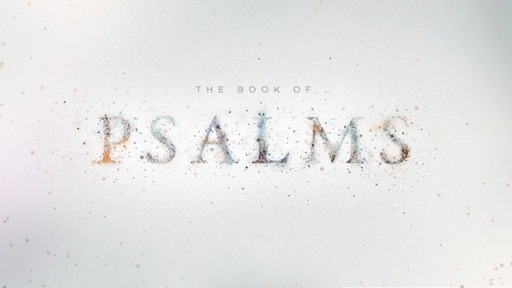Psalm 1

The book of Psalms was formed over a long period of time. Various groupings within the Psalter—such as the “Songs of Ascents” (Pss 120–134), the “psalms of the sons of Korah” (Pss 42–49; 84–85; 87–88), and the “prayers of David the son of Jesse” (72:20)—indicate that there were earlier collections before the book took its present shape. The titles and content of many psalms also hint at the long history of these songs, prayers, and poems. Some may date to the time of Moses (15th or 13th century BC; see Psa 90), many date to the united monarchy under David and Solomon (10th century BC), and some were written during the Babylonian exile or later (sixth century BC; see Psa 137). Psalms is Israel’s book of worship.
In its final shape, the book of Psalms is divided into five sections, the first four of which end in a similar doxology (see 41:13; 72:19; 89:52; 106:48). This first psalm, as an introduction to these “five books”—an echo of the five books of Torah or Pentateuch (the first five books of the Bible)—encourages readers to allow these songs to guide them toward wisdom and worship
The Rewards of Lawful Living
Blessed
Blessed is the man who abstains from ungodly policy, iniquitous action, scornful use of things divine and holy
does not walk in the advice of The three functions described here—counsel, way, and seat—emphasize that the righteous avoid thinking like, behaving like, and dealing with the wicked.
Delight
a merely negative goodness will not ensure us true blessedness, therefore the Psalmist proceeds to lay down the grand secret of blessedness in profound spiritual words. “But his delight is in the law of the Lord.”
The secret of bliss is the right attitude of the soul to the truth of God.
“But his will is in the law of the Lord.”—Luther
“The law is more than a mere rule, after which the man is to frame his outward life.”—Perowne
Meditate
Meditation, even in evangelical circles, is often thought of in a manner not too far removed from what is practiced in Eastern religions, whereby practitioners empty their minds and enter a subjective realm of waiting on insight from the Spirit or spiritual world.
Prosper
The Results of Unlawful Living
Here sinful thought has passed into conduct, action, life. We cannot hold unbelieving theories with impunity. Ideas rule men, ideas rule the world, and ideas fundamentally false, as are those of atheism, must soon work disaster, both in individual and national life.
They delight in the company of those who scoff at religion. This state, and it is soon reached, argues the most desperate wickedness.